Treatment Options for Erectile Dysfunction
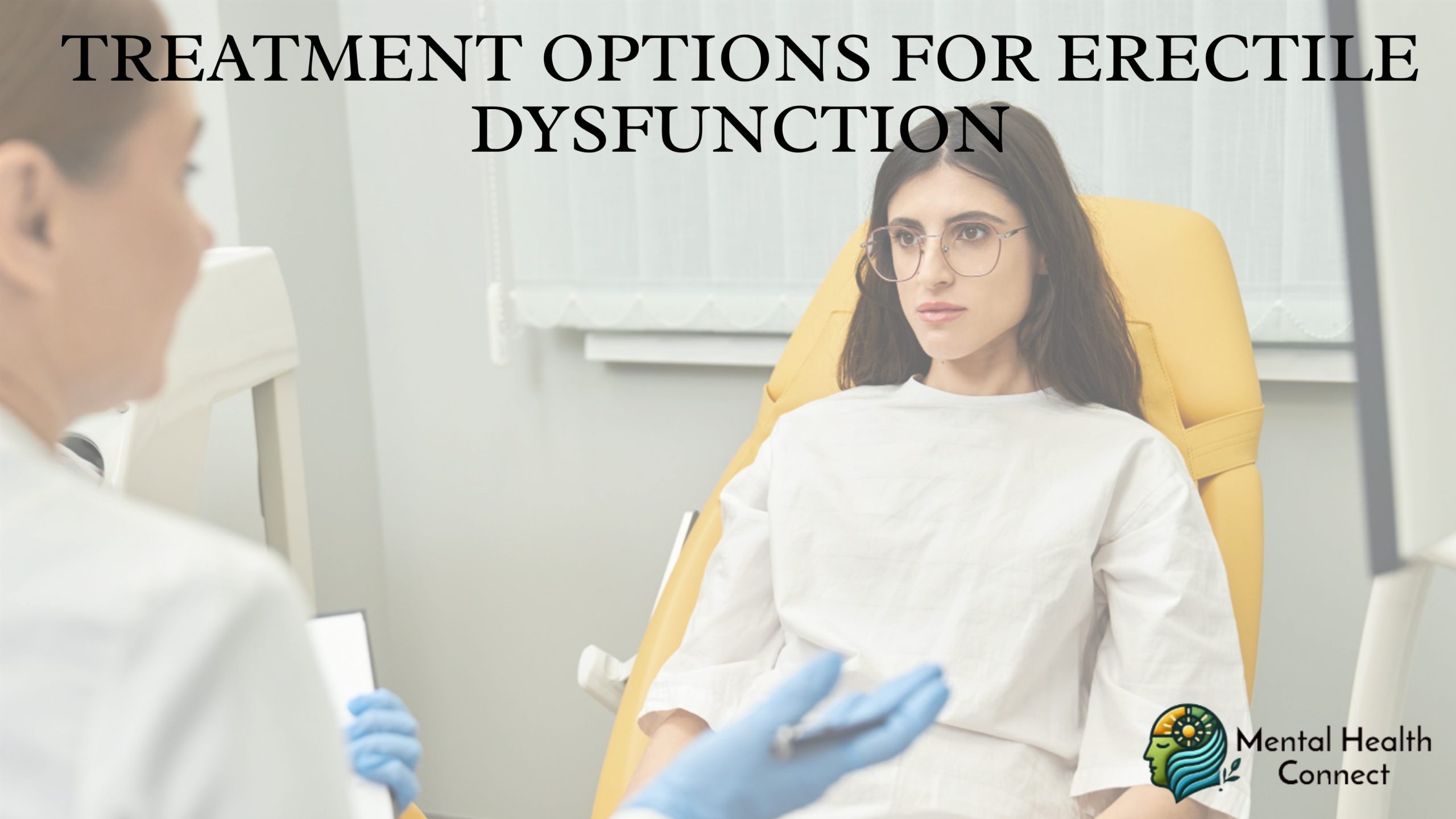
Erectile Dysfunction (ED) is a widespread condition that impacts millions of men across the globe. This issue can stem from various factors, including stress, anxiety, cardiovascular diseases, diabetes, obesity, and hormonal imbalances. Fortunately, there are several treatment options for erectile dysfunction that can help address and manage ED effectively.
Understanding Erectile Dysfunction

Erectile dysfunction happens when there is a consistent problem with obtaining or keeping an erection firm enough for sexual intercourse. While it is normal to occasionally experience difficulties, ongoing problems may indicate an underlying health condition that requires attention.
Types of Erectile Dysfunction
- Mild ED: Occasional trouble achieving an erection but still able to engage in sexual activity.
- Moderate ED: Frequent challenges maintaining an erection, affecting sexual performance.
- Severe ED: Persistent failure to achieve an erection, significantly impacting sexual health and relationships.
The causes of erectile dysfunction can be divided into physical and psychological factors.
Physical Causes of Erectile Dysfunction
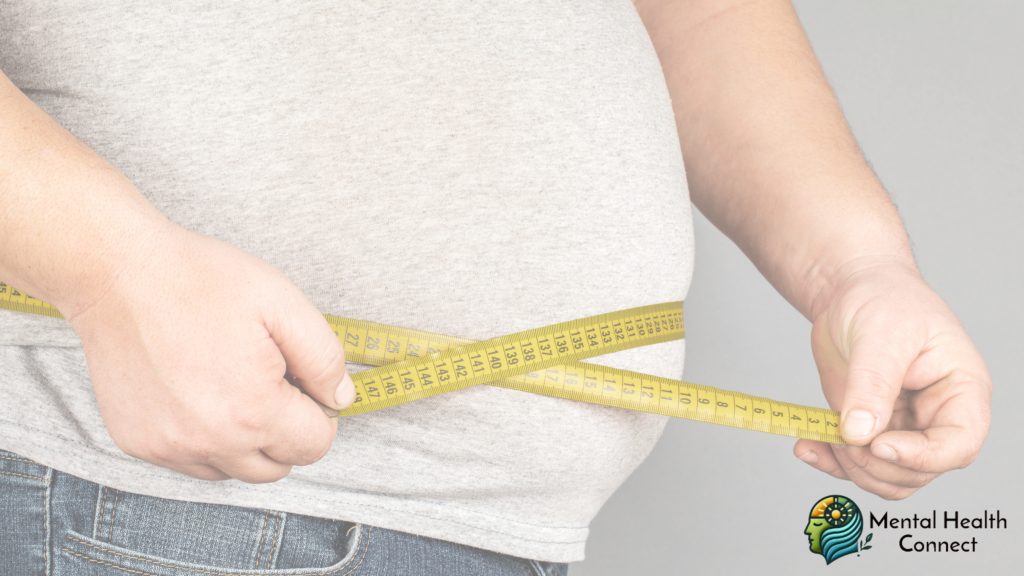
- Cardiovascular diseases – Restricted blood flow due to poor circulation and high blood pressure.
- Diabetes – Elevated blood sugar levels that damage nerves and blood vessels, impacting erectile function.
- Obesity – Excess weight leading to hormonal imbalances and reduced blood flow.
- Hormonal imbalances – Insufficient testosterone levels, which can lower libido and make erections more difficult.
- Neurological disorders – Conditions like Parkinson’s disease and multiple sclerosis can disrupt nerve signals essential for erections.
- Medication side effects – Certain medications, including blood pressure drugs, antidepressants, and antihistamines, may contribute to ED.
Psychological Causes of Erectile Dysfunction
- Stress and anxiety – Mental strain from work or relationship issues can interfere with arousal.
- Depression – A decline in mood and interest in sexual activity can contribute to erectile dysfunction.
- Relationship conflicts – Emotional distance and communication barriers with a partner can result in ED.
Best Treatment Options for Erectile Dysfunction
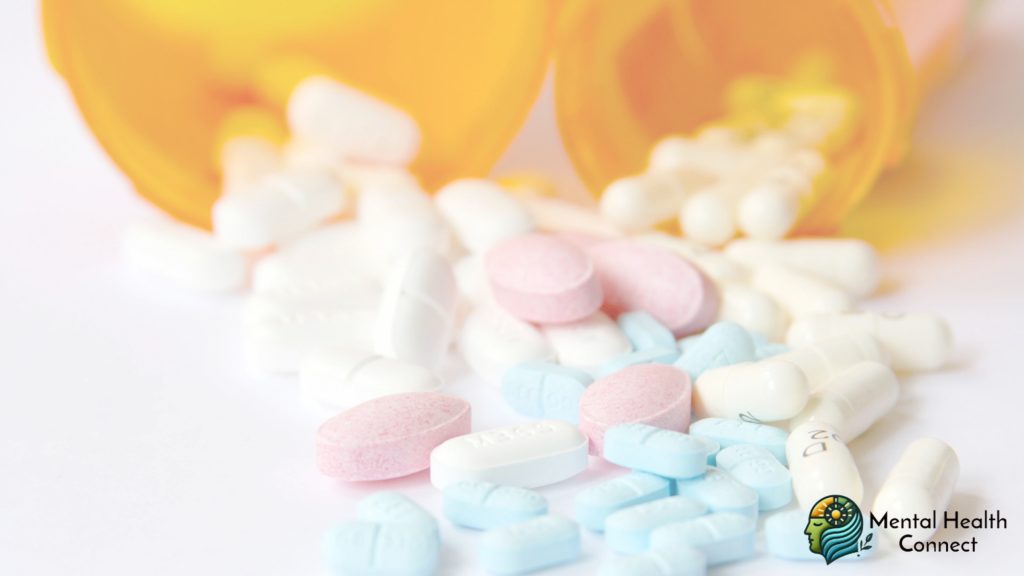
1. Medications for Erectile Dysfunction
Certain prescription drugs, including sildenafil (Viagra), tadalafil (Cialis), and vardenafil (Levitra), are widely used to treat ED. These medications belong to a class called PDE5 inhibitors, which work by increasing blood circulation to the penis, aiding in erection maintenance.
How PDE5 Inhibitors Work
- They help relax blood vessels, allowing more blood to flow to the penis.
- They only work when sexual stimulation occurs.
- They are most effective when taken 30-60 minutes before sexual activity.
Potential Side Effects:
- Headaches
- Dizziness
- Nasal congestion
- Flushing
- Upset stomach
- Vision disturbances
- Muscle pain
- Indigestion
2. Lifestyle Changes for Erectile Dysfunction
- Regular exercise – Enhances blood circulation and overall cardiovascular health.
- Healthy diet – Emphasizes antioxidant-rich foods, lean proteins, and healthy fats.
- Weight management – Helps maintain hormonal balance and reduce ED risk.
- Quitting smoking and reducing alcohol consumption – Improves blood flow and nerve function.
- Stress management – Activities like yoga, meditation, and deep breathing can alleviate stress-related ED.
- Adequate sleep – Poor sleep patterns disrupt hormonal balance, worsening ED.
3. Psychological Counseling for Erectile Dysfunction
Men experiencing ED due to stress, anxiety, or depression may benefit from psychological therapy, such as cognitive-behavioral therapy (CBT) and couples therapy.
Benefits of Therapy:
- Reduces performance anxiety
- Enhances self-confidence
- Strengthens communication with a partner
- Addresses underlying mental health concerns
4. Medical Devices for Erectile Dysfunction
- Vacuum Erection Devices (VEDs): These devices create a vacuum around the penis, increasing blood flow.
- Penile Implants: Surgically inserted devices that provide a lasting solution when other treatments are ineffective.
- Constriction Rings: These rings help sustain an erection by preventing blood from leaving the penis too quickly.
5. Hormone Therapy for Erectile Dysfunction
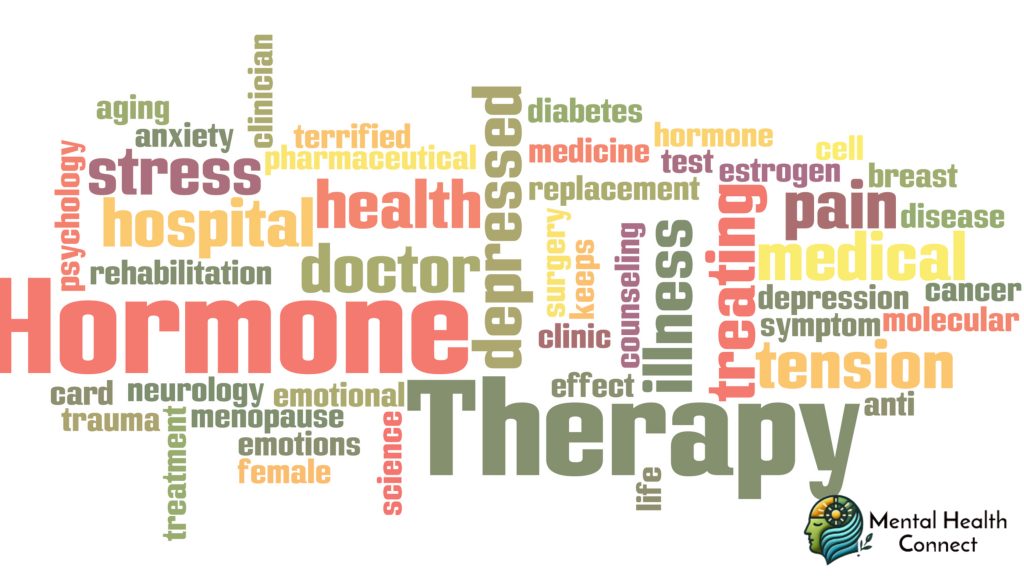
A deficiency in testosterone can contribute to ED. Testosterone Replacement Therapy (TRT) can help regulate hormone levels through:
- Injections
- Gels or patches
- Oral medications
- Pellet implants
6. Alternative Therapies for Erectile Dysfunction
Some individuals explore natural supplements and holistic treatments, such as ginseng, L-arginine, and acupuncture. However, these should always be used with medical guidance.
Effective Natural Remedies for Erectile Dysfunction:
- Ginseng – Supports blood circulation and boosts libido.
- L-arginine – Helps the body produce nitric oxide, which improves blood flow.
- Yohimbe – May assist in improving erections but carries potential risks like elevated blood pressure.
- Maca root – Known for enhancing stamina and libido.
- Horny goat weed – Contains compounds that promote blood flow and improve erectile function.
7. Surgical Treatments for Erectile Dysfunction
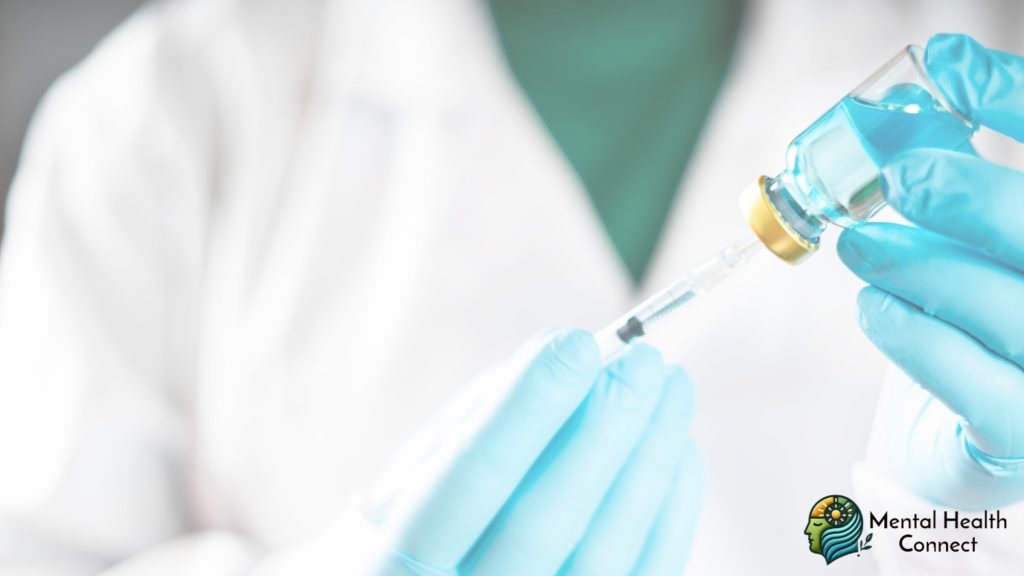
For severe cases, vascular surgery can be performed to enhance blood flow to the penis, potentially restoring erectile function.
Frequently Asked Questions (FAQs) about Erectile Dysfunction
1. What are the primary causes of Erectile Dysfunction?
Common causes include cardiovascular issues, diabetes, obesity, psychological stress, anxiety, and certain medications.
2. Can Erectile Dysfunction be treated permanently?
In many cases, ED can be effectively managed or reversed by addressing its root causes, making lifestyle modifications, or using medications.
3. How can I determine if I have Erectile Dysfunction?
If you frequently struggle with achieving or maintaining an erection for three months or longer, you may be experiencing ED and should consult a healthcare provider.
4. What is the most effective natural remedy for Erectile Dysfunction?
Natural remedies like regular exercise, a balanced diet, stress reduction techniques, and herbal supplements (e.g., ginseng and L-arginine) can help improve ED.
5. Can emotional stress lead to Erectile Dysfunction?
Yes, chronic stress and anxiety can cause performance-related ED, impacting sexual function.
6. What are the common side effects of Erectile Dysfunction medications?
Typical side effects include headaches, dizziness, flushing, indigestion, and nasal congestion.
7. How long does it take to improve Erectile Dysfunction?
The timeframe depends on the treatment approach. Medications may work within an hour, lifestyle changes may take months, and therapy outcomes vary by individual.
8. Are over-the-counter pills effective for Erectile Dysfunction?
Many OTC supplements claim to help ED, but their efficacy and safety are not always guaranteed. Consulting a doctor before use is advised.
9. Can Erectile Dysfunction impact fertility?
ED does not directly affect fertility but may make conception difficult due to difficulties with sexual intercourse.
10. Does prolonged cycling contribute to Erectile Dysfunction?
Long hours of cycling can exert pressure on the perineal nerves, leading to temporary ED. Adjusting the bicycle seat and taking breaks can help prevent this.
-
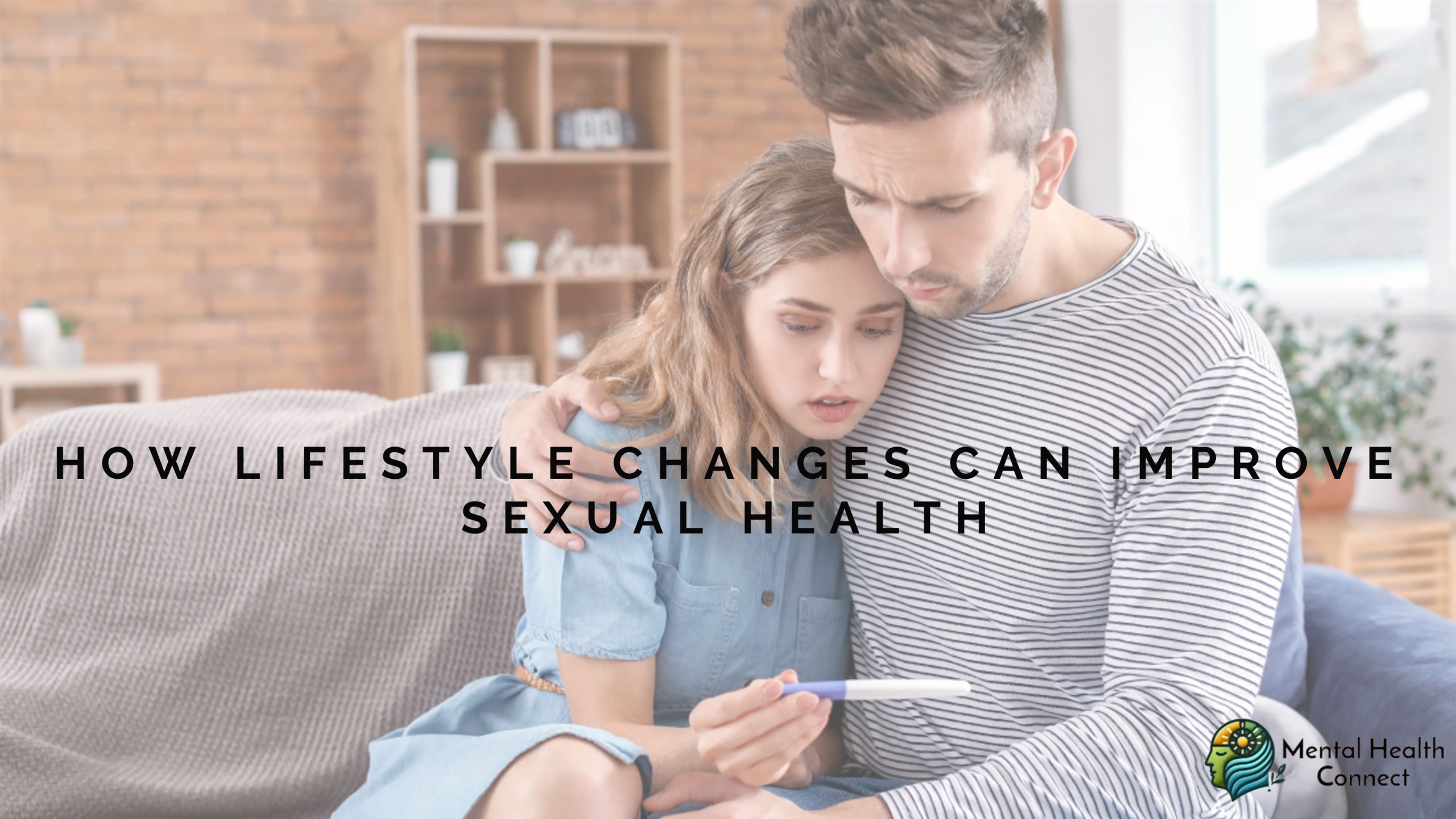 How Lifestyle Changes Can Improve Sexual HealthApril 3, 2025
How Lifestyle Changes Can Improve Sexual HealthApril 3, 2025 -
 How to Improve Communication Skills in a RelationshipApril 3, 2025
How to Improve Communication Skills in a RelationshipApril 3, 2025

Leave a Reply